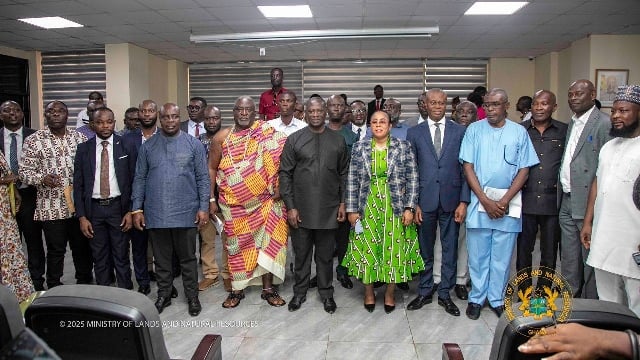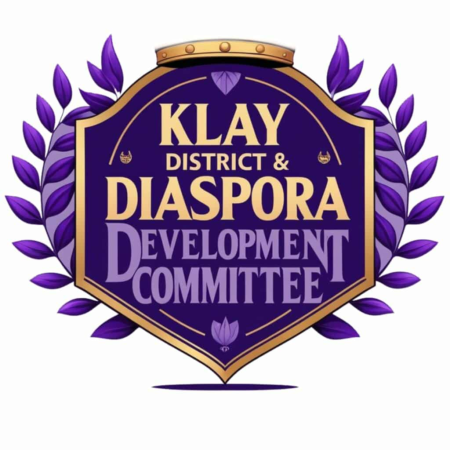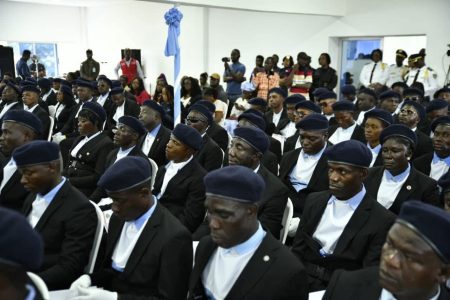Ghana’s land administration system, long plagued by inefficiencies and corruption, is undergoing a significant transformation spearheaded by the government’s commitment to modernization and digital innovation. Minister for Lands and Natural Resources, Emmanuel Armah-Kofi Buah, has identified the current system as a major impediment to national development, citing persistent issues such as protracted land disputes, cumbersome bureaucratic processes, and a lack of transparency in land transactions. These challenges, he argues, directly impact citizens’ access to secure land ownership and hinder economic progress. The government’s “Reset Agenda” prioritizes addressing these systemic problems to unlock the full potential of land as a catalyst for growth and empowerment.
Central to this reform effort is the implementation of the Enterprise Land Information System (ELIS), a digital platform designed to replace outdated manual processes within the Lands Commission. By automating land registration and management, ELIS aims to drastically reduce opportunities for corruption and streamline service delivery. The Minister emphasized that the digital shift is crucial for creating a more transparent and efficient land sector, ultimately benefiting both individuals and the nation as a whole. This technological advancement is expected to significantly improve the accessibility and security of land ownership, fostering greater public trust in the system.
The newly inaugurated Greater Accra Regional Lands Commission Board has been tasked with implementing this ambitious reform agenda at the regional level. Their mandate includes three key priorities: decentralizing land services to improve accessibility for local communities, enforcing mandatory allodial title registration as stipulated by the Land Act of 2020, and strengthening collaboration with the judiciary to expedite the resolution of land disputes. The Minister stressed the board’s role as “agents of transformation,” urging them to prioritize efficient, transparent, and professional service delivery. This decentralized approach aims to bring land administration closer to the people, making it more responsive to local needs and concerns.
The urgency of these reforms is underscored by the escalating land-related conflicts in the Greater Accra Region. Regional Minister Linda Akweley Ocloo highlighted the growing threats of land guard operations and illegal encroachment on public lands, demanding immediate and decisive action from the new board. She emphasized the critical need to restore integrity within the land administration system and protect state-owned lands from unlawful occupation. The board’s success in tackling these challenges will be crucial for maintaining social order and promoting sustainable development in the region.
The newly appointed Board Chairman, Isaac Nii Djanmah Vanderpuye, acknowledged the significant responsibility entrusted to the board and pledged to fulfill their mandate. He recognized the scale of the task ahead, emphasizing the board’s commitment to modernizing land services and rebuilding public trust in the system. This commitment reflects the government’s broader goal of creating a more transparent and accountable land sector, fostering confidence among citizens and investors alike.
The successful implementation of these reforms, including the effective utilization of ELIS and the fulfillment of the board’s mandate, is pivotal to Ghana’s future development trajectory. A secure and efficiently administered land system is essential for attracting investment, promoting economic growth, and ensuring social stability. By addressing the long-standing challenges that have plagued the sector, the government aims to unlock the full potential of land as a driver of prosperity and empower Ghanaians with secure land ownership. This transformative initiative represents a significant step towards a more transparent, equitable, and development-oriented future for the nation.














